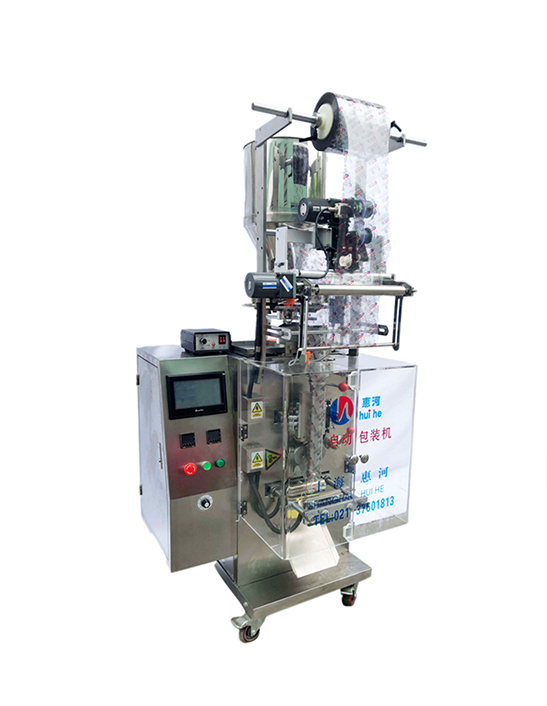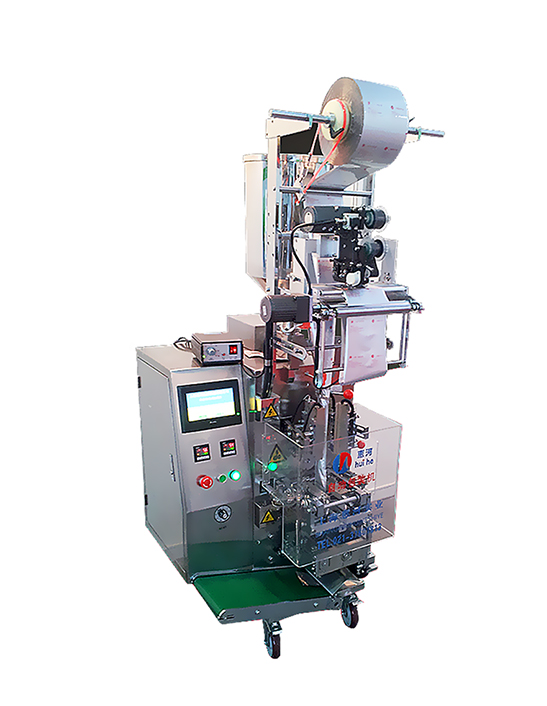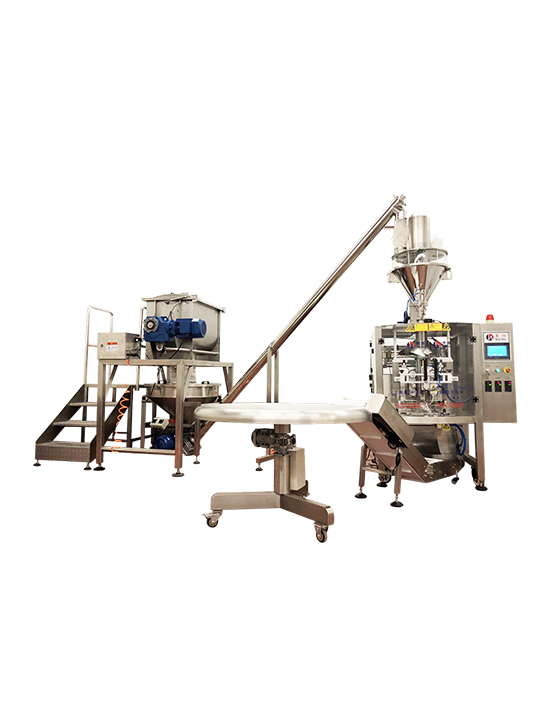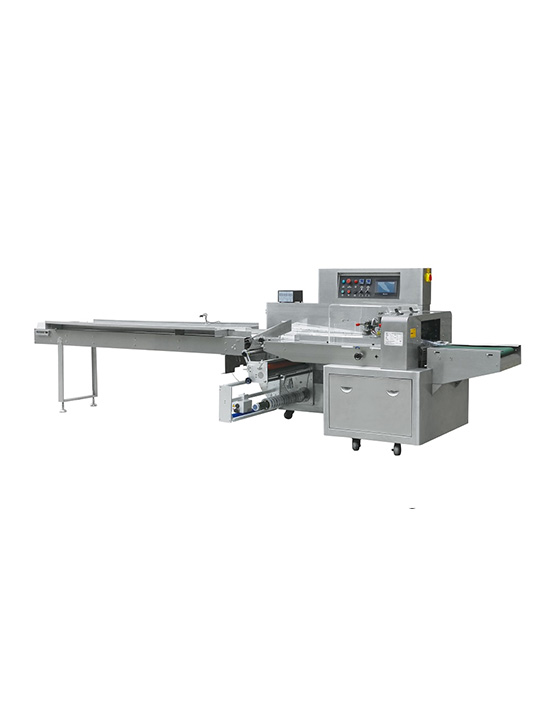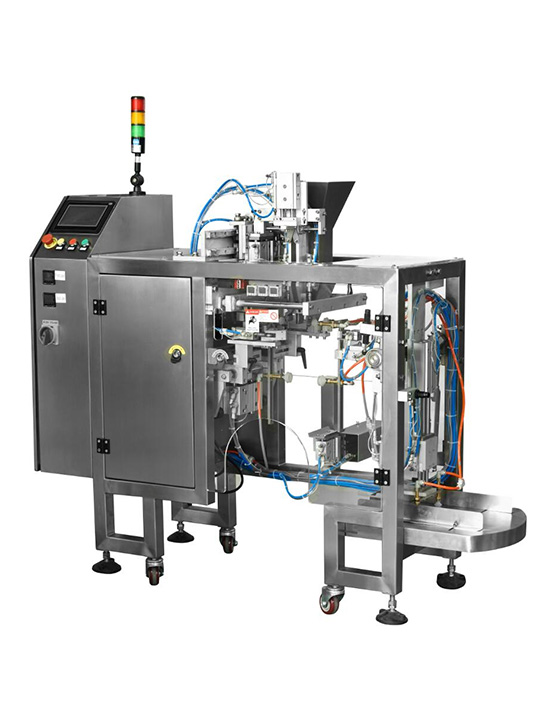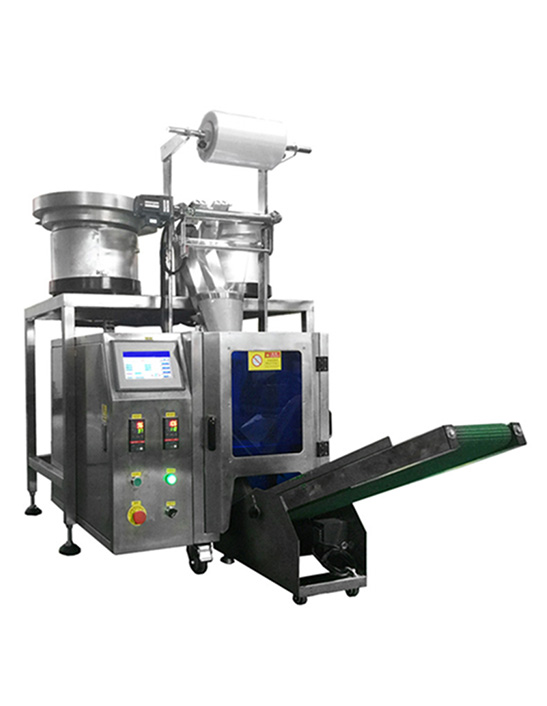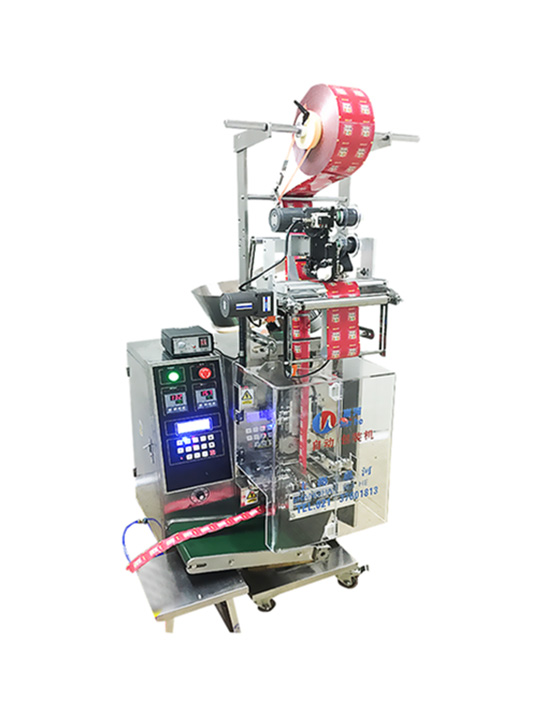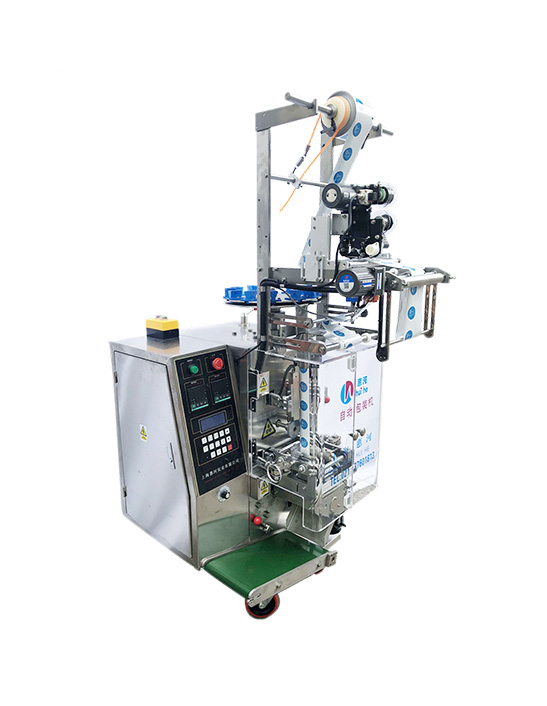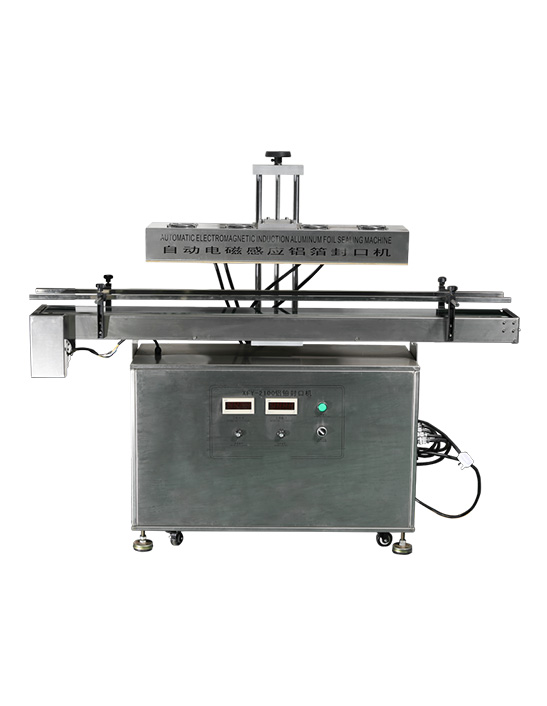In today’s fast-paced industrial world, efficiency and precision in packaging are more important than ever. From food and pharmaceuticals to chemicals and agriculture, industries rely on advanced machinery to ensure products are packaged safely, consistently, and cost-effectively. One of the most important innovations in this field is the granule packing machine. But what exactly is a granule packing machine? Why has it become such a critical part of the packaging process? And how is it transforming the way products are delivered to consumers worldwide?
What Is a Granule Packing Machine?
A granule packing machine is a specialized type of packaging equipment designed to pack granular materials into pouches, bags, or containers. Granules refer to small, free-flowing solid particles such as rice, sugar, coffee, seeds, detergent, nuts, and pharmaceutical pellets.
Unlike manual packing methods, which are labor-intensive and prone to errors, a granule packing machine automates the process, ensuring precise measurement, minimal wastage, and consistent packaging. It plays a central role in industries that need to handle large quantities of granular products quickly and accurately.
How Does a Granule Packing Machine Work?
The operation of a granule packing machine combines weighing, filling, and sealing in a synchronized process. While machine designs may differ depending on size and function, the general workflow includes the following steps:
Product Feeding
Granules are loaded into a hopper or feeding system that directs them into the machine.

Weighing and Dosing
The machine uses weighing sensors or volumetric cups to measure exact amounts of granules, ensuring uniform pack sizes.
Filling
Measured granules are dispensed into packaging material such as plastic pouches, paper bags, or containers.
Sealing and Cutting
The package is sealed—often with heat or pressure—and then cut into individual packs.
Output and Collection
Finished packages are discharged and collected for further processes like labeling, boxing, or shipping.
This streamlined process reduces human error, increases productivity, and ensures professional-quality packaging.
What Types of Granule Packing Machines Exist?
Granule packing machines come in a wide variety to suit different industrial needs:
Vertical Form-Fill-Seal (VFFS) Machines
These machines create pouches from a roll of packaging film, fill them with granules, and then seal them vertically.
Automatic Weighing Packing Machines
Equipped with advanced electronic weighing systems for highly accurate measurements, often used for high-value products like nuts or seeds.
Semi-Automatic Granule Packing Machines
Require some manual involvement but are cost-effective and suitable for small to medium production scales.
Multi-Head Weigher Packing Machines
Use multiple weighing heads to achieve extreme precision and speed, ideal for large-scale production.
Stick Pack and Sachet Packing Machines
Designed for small, single-serve packaging, commonly used for products like sugar, coffee, or pharmaceutical granules.
Each type caters to different product requirements, production volumes, and budget levels.
Why Are Granule Packing Machines Important in Modern Industry?
Granule packing machines have become indispensable for several reasons:
Accuracy: They ensure exact quantities of product in every package, preventing losses and improving customer satisfaction.
Efficiency: Automated packing is significantly faster than manual labor, enabling higher production volumes.
Cost Savings: Reduced waste and labor costs translate into higher profitability.
Consistency: Every package is uniform in size, shape, and sealing, enhancing brand reputation.
Safety and Hygiene: Machines minimize human contact with products, crucial for food and pharmaceutical industries.
In short, these machines are critical for scaling production while maintaining quality and compliance.
Which Industries Rely on Granule Packing Machines?
The versatility of granule packing machines makes them essential across a wide range of industries:
Food and Beverage
Used for packaging rice, sugar, beans, snacks, nuts, coffee, spices, salt, and candies.
Pharmaceuticals
Packaging of medical granules, tablets, and small-dose sachets.
Agriculture
Seeds, fertilizers, and animal feed are efficiently packed into durable bags.
Chemical Industry
Detergent powders, desiccants, and granular chemicals require precision packaging for safety and compliance.
Retail and Consumer Goods
Convenient single-serve sachets or portioned packs enhance consumer convenience.
The wide scope of applications underscores their vital role in today’s global economy.
What Are the Key Advantages of Using a Granule Packing Machine?
Several features set these machines apart as superior packaging solutions:
High Speed and Productivity
Capable of packing thousands of units per hour, meeting high demand with ease.
Precision and Reliability
Advanced weighing systems minimize errors and reduce product giveaway.
Flexibility
Machines can handle a wide range of packaging materials and bag sizes.
Labor Efficiency
Reduced reliance on manual labor lowers costs and increases safety.
Enhanced Product Presentation
Neatly sealed packages improve shelf appeal and brand recognition.
Durability and Robustness
Industrial-grade machines are designed to withstand continuous operation.
These benefits directly contribute to competitiveness in demanding markets.
What Challenges Are Associated with Granule Packing Machines?
Like any technology, granule packing machines have some limitations:
High Initial Investment: Advanced machines require significant upfront capital.
Maintenance Requirements: Regular servicing is necessary to avoid downtime.
Operator Training: Skilled personnel are required to operate and troubleshoot complex systems.
Energy Consumption: High-capacity machines can consume significant amounts of power.
Nevertheless, the long-term efficiency and cost savings usually outweigh these challenges.
How Do Granule Packing Machines Support Automation and Industry 4.0?
Modern granule packing machines are increasingly integrated with digital technologies:
PLC and Touchscreen Controls: User-friendly interfaces allow precise adjustments and monitoring.
IoT Connectivity: Machines can send performance data to cloud platforms for real-time analysis.
Artificial Intelligence: Predictive algorithms optimize weighing and reduce waste.
Remote Diagnostics: Manufacturers can troubleshoot machines remotely, minimizing downtime.
This digital transformation is turning packaging systems into smart, self-optimizing solutions for global industries.
What Is the Lifespan of a Granule Packing Machine?
With proper maintenance, a granule packing machine can last 10–15 years or more. Factors that affect longevity include:
Quality of materials and construction.
Frequency of use and production scale.
Regular servicing and calibration.
Operating environment (clean, dry, and dust-free conditions extend lifespan).
Investing in high-quality machines and preventive maintenance ensures maximum return on investment.
How Do Granule Packing Machines Contribute to Sustainability?
Sustainability has become a global priority, and packaging machines play a vital role:
Reduced Waste: Precision weighing minimizes product loss.
Optimized Packaging: Machines use minimal material, lowering environmental impact.
Recyclable Materials: Many modern machines are compatible with eco-friendly films and papers.
Energy Efficiency: Advanced models are designed to consume less power.
By balancing efficiency with eco-conscious practices, granule packing machines help industries meet environmental standards.
Why Are Granule Packing Machines the Future of Packaging?
Several global trends highlight their growing importance:
Rising Consumer Demand: Increasing urbanization and packaged food demand require fast, reliable packing.
E-commerce Growth: Packaging machines support bulk and retail-ready packages for online sales.
Labor Shortages: Automation replaces manual labor, addressing workforce challenges.
Technological Innovation: Smart, adaptive machines are making packaging more efficient than ever.
Together, these factors solidify granule packing machines as a cornerstone of modern manufacturing and supply chains.
Final Thoughts: Should Businesses Invest in Granule Packing Machines?
The short answer is yes. For businesses handling granular products, granule packing machines are not merely an option but a necessity. They deliver:
Faster output
Greater accuracy
Improved safety and hygiene
Better product presentation
Long-term savings and sustainability
Although the initial investment can be substantial, the benefits far outweigh the costs. As industries grow more competitive and customer expectations continue to rise, businesses that invest in advanced granule packing machines will be best positioned for success.

 英语
英语 西班牙语
西班牙语 简体中文
简体中文
